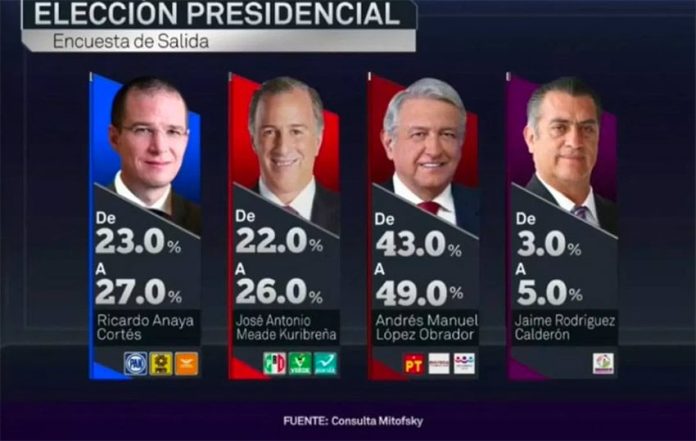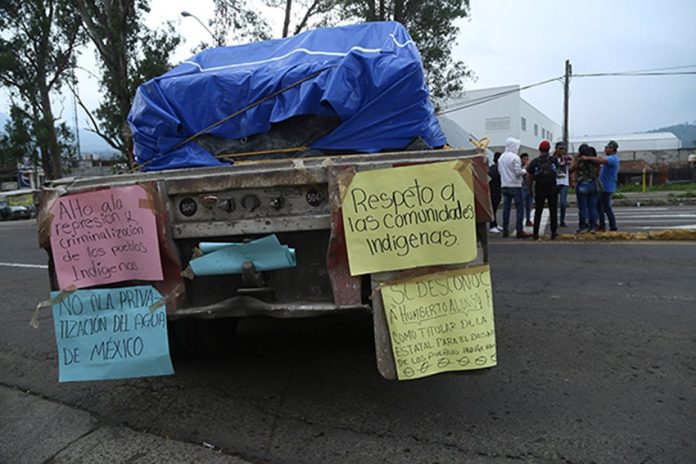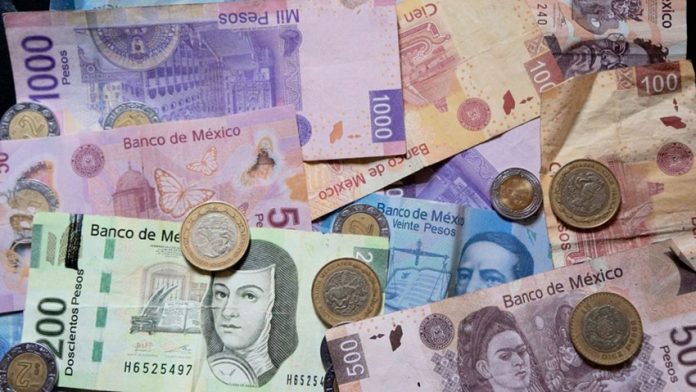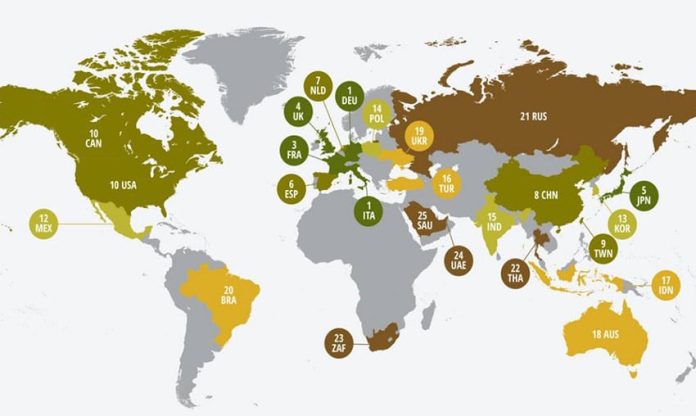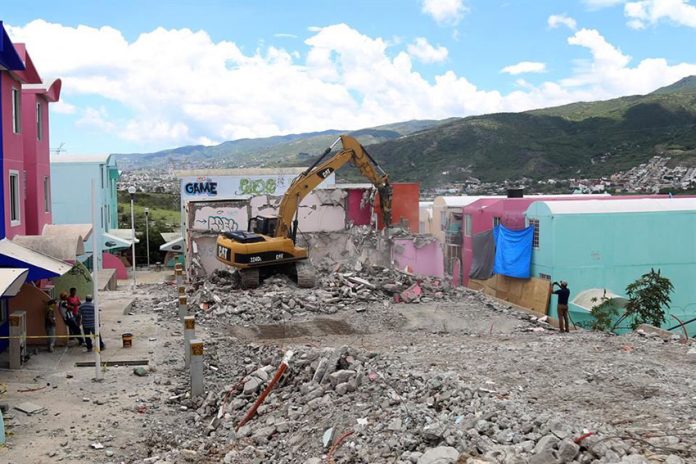Andrés Manuel López Obrador won a landslide victory in Sunday’s presidential election, winning between 53% and 53.8% of the vote according to the “quick count” conducted by the National Electoral Institute (INE).
The results of the conteo rápido as it is called gave Ricardo Anaya of the For Mexico in Front coalition between 22.1% and 22.8% and José Antonio Meade of the ruling party-led Everyone For Mexico coalition between 15.7% and 16.3%.
Independent Jaime Rodríguez Calderón trailed with a range of 5.3% to 5.5%.
Voter turnout was 62.9% to 63.8%, the INE said.
The institute announced the results a few minutes after 11:00pm, sticking with its promise to have the numbers ready before 11:30. The count is based on a sample of votes from 5% of all the polling stations in the country.
President Enrique Peña Nieto was one of many leaders to congratulate the president-elect, and said on Twitter that he wished him well for the benefit of Mexico. United States President Donald Trump offered his congratulations, also on Twitter.
“Congratulations to Andrés Manuel López Obrador on becoming the next President of Mexico. I look very much forward to working with him. There is much to be done that will benefit both the United States and Mexico!” he wrote.
Other well-wishers were Venezuelan President Nicolás Maduro and Bolivia’s Evo Morales.
Shortly after the results of the quick count were announced, López Obrador delivered a statement at a downtown Mexico City hotel, where he said it was “a historic day” and thanked those who voted for the Morena-led coalition and “this process of true change.”
“I call on all Mexicans to reconciliate” and put the national interest ahead of their own.
“The nation’s new project is to seek to establish a genuine democracy.
“We’re not building a dictatorship, either open or closed. The changes will be profound but they will adhere to established legal order. There will be freedom for business, freedom of expression and association and beliefs. All freedoms will be guaranteed, as well as citizenship and political rights enshrined by the constitution.
“In terms of economics, we shall respect the autonomy of the Bank of México and the new government shall maintain fiscal and financial discipline.”
López Obrador left the hotel shortly after for a rally in the city’s central square, the zócalo, where hundreds of people began gathering at 11:00pm.
Judging by exit polls, López Obrador might have the federal Congress on his side.
Pollster Consulta Mitofsky predicted that the party stands to win between 127 and 142 seats in the Chamber of Deputies, well ahead of the second-place National Action Party with 63 to 76 seats.
The Labor Party and the Social Encounter Party, both Morena party allies, were neck and neck with 64-75 and 65-74 respectively.
Morena has a similar lead in the Senate with a range of 48-54 seats. The National Action Party could win 23-29 and the Institutional Revolutionary Party eight to 14, although alliances with other parties will probably have an effect on the balance of power.
The party was also leading in races for the mayor of Mexico City and governor of Puebla, Chiapas, Veracruz and Tabasco but in most of those cases fewer than 2% of polling stations had reported.

